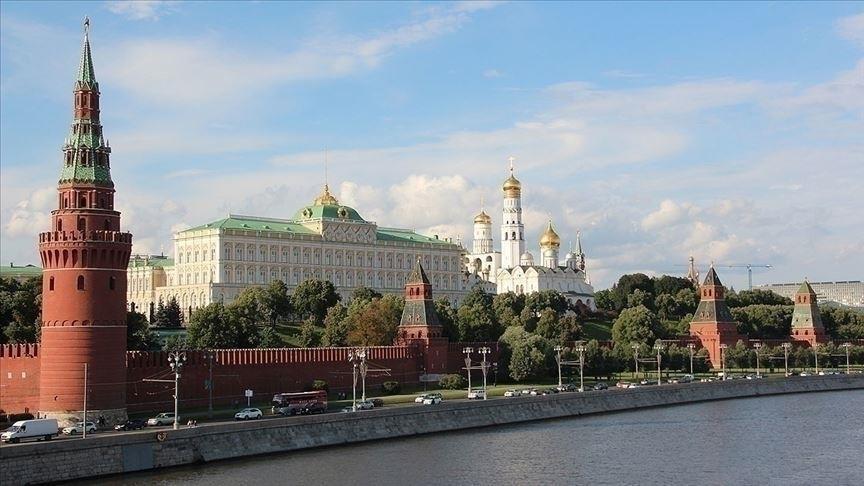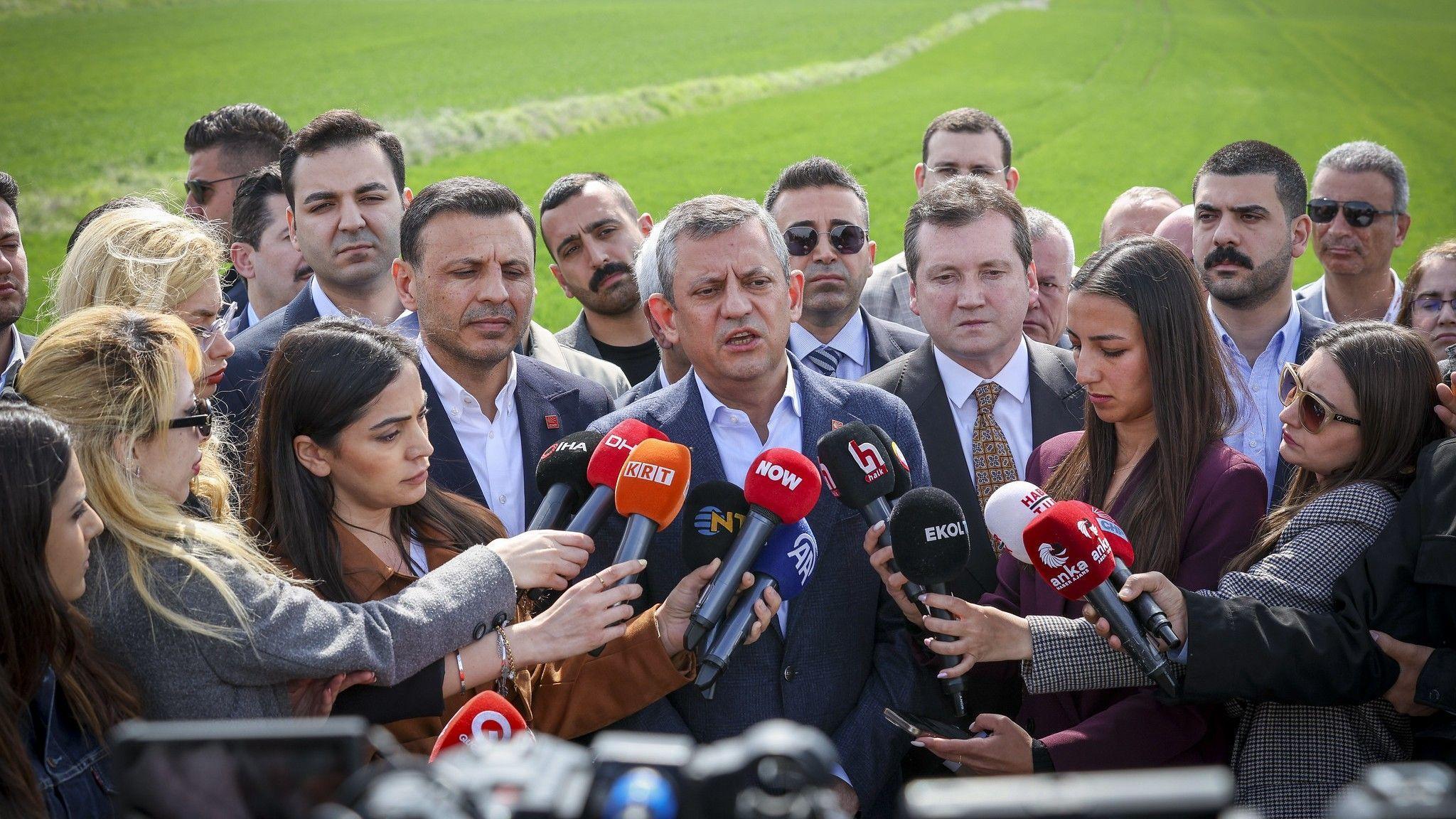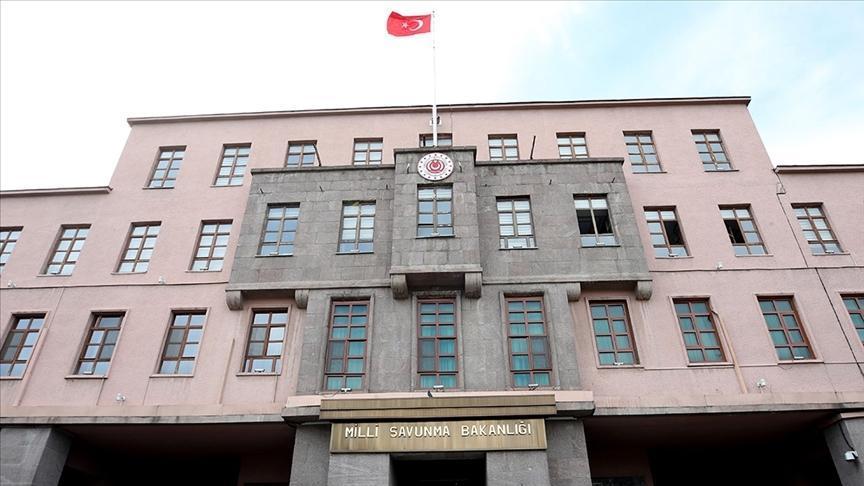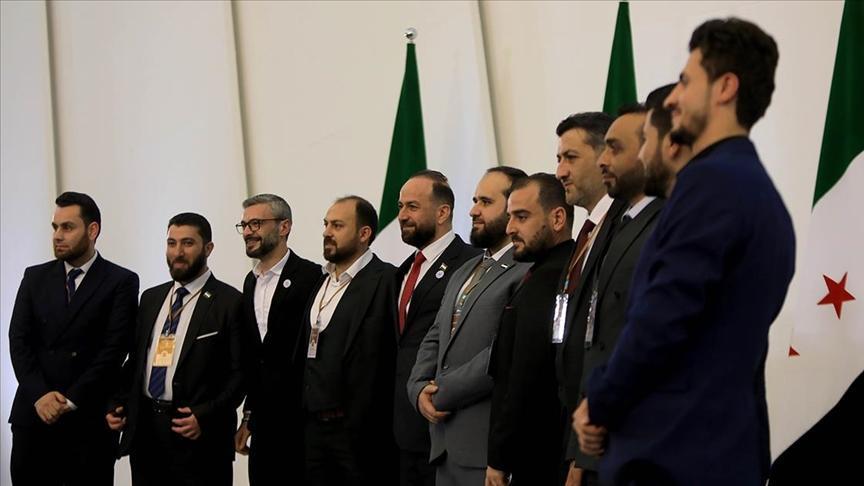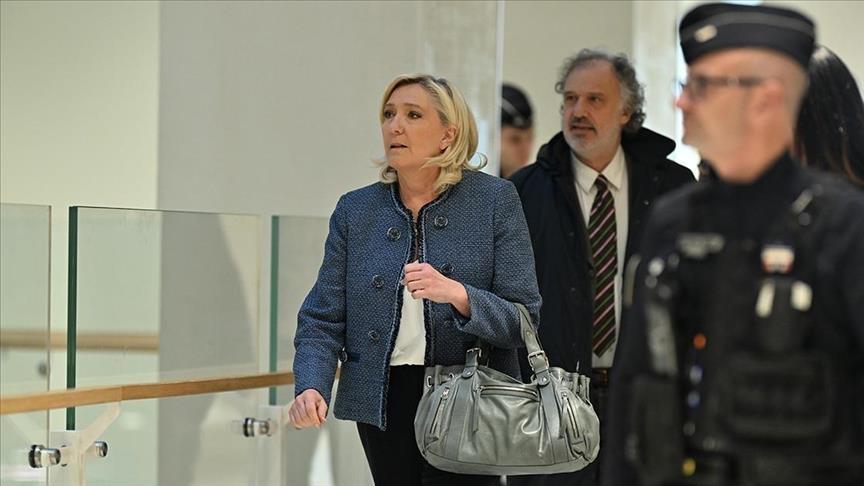Education has other problems besides the headscarf
The headscarf is again the issue; the newly-introduced freedom to wear it at the elementary school level is now being debated.
But we have more important problems in education. One other key issue is the stagnation of our economic development. We should be lifting those bans that are not required by pedagogy and talk about the quality of education and its relationship with development.
That is not a favorite topic of this government, though, because for the past six years we have not been able to exceed much beyond an annual GDP per head of $10,000. In recent years we have grown mostly by borrowing and inflating the construction sector. These topics are not on the agenda of the opposition, either, because political criticism is easier and more exciting.
Turkey earns an average of $1.50 for every one kilogram of industry goods it exports; Germany earns an average of $4.50. Why? It is because of the value of the goods sold. Which one has a higher value: Textiles or high technology?
In Turkey, the average duration of education is 12.7 years; in Germany it is 16. Even neglecting the difference in quality, this alone is a gigantic difference. A well-educated population makes smartphones, computers, medical devices and space gadgets, and they earn a lot. A less-educated population, on the other hand, works on textile and erects concrete buildings. That is why we are stalled at $10,000...
Turkey has leaped and achieved an economic success in the last decade, enabling it to enter the G-20. However, the share of technological goods in our exports is only 3.3 percent, whereas even Muslim-majority Indonesia has a share of 7.3 percent of technological goods in its exports. The rate is 16.3 percent in Mexico. This is one of the reasons why we work very hard, sell a lot, but earn little; and now we are stagnating.
The most important issue
There cannot be a more important cause for Turkey than this. The integrity of the country, national pride, active foreign policy and in particular the caliber of democracy, all of them are associated with both the extent and quality of education, as well as its relationship with industry. The power of a nation whose economic power is average is also only “mid-size.”
Just as an unqualified “free education” is not good for the economy, the colossal scientific accumulation of the Soviets was not good either, because it was limited to the academies and not transferred to the economy.
However, while this vital issue must be at the center of our discussions on education, ideological and political fights are always more attractive. Unfortunately, the fight of values and politics has always ruled our history. For this reason, both our economic and political rationalization has developed slowly.
Look at the political speeches in our history and today’s fundamental political texts. Polemics and heroism come before economic rationalism; we even talk about economic issues while dipping them in political heroism.
There are nine years left until 2023. Can we ever approach the quality of German education when our students rank in 42nd place in PISA exams and with an economic structure where the share of technology in exports is 3.3 percent?
We have never got past the headscarf issue, since the coup leader General Kenan Evren had it banned in the Constitutional Court in 1982.
It is a human right for parents of elementary school children to make decisions for them. If the headscarf issue was not made into a topic of polarization and political clashes, children would mingle with no problems.
We have very important issues to talk about: The problems of low quality in our education and democracy and low technology in our industry. In the U.N. Human Development Index, Uruguay is 51st, Malaysia is 64th. The fact that Turkey ranks in at 90th is embarrassing.



